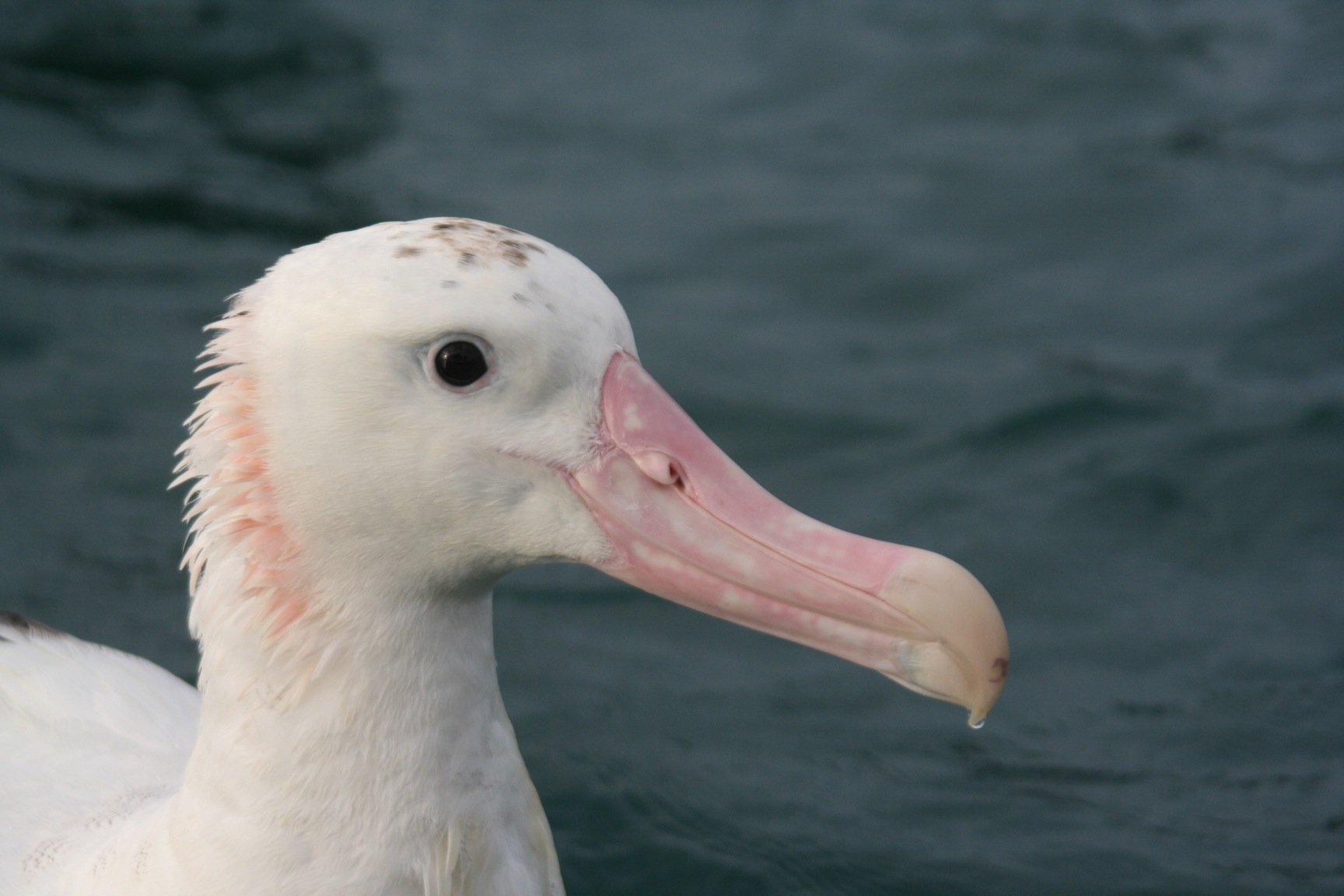
Does birding make you happy? It seems like an odd question; I mean, if it didn’t, why would you do it? There are certainly hobbies that don’t require early starts, mosquito filled swamps and the crushing realisation you’ve just dipped on a mega, yet we do it anyway. And it is certainly possible to imagine compulsive joyless birding, and I think most of us may have encountered it on occasion. I’m going to assume that most people reading this enjoy watching birds. So the next question is, how can I help maximise my birdy happiness? Well, there are many ways, but today I’m going to focus on perhaps the most unintuitive; not birding at all. You may be outraged by the suggestion, but let’s face it, birders love not birding. Love. It. They spend their time writing blogs about birds. They argue about whether a bird counts, or doesn’t, or whether Hawaii should be part of the ABA, or not. (It should, by the way). The buy books about birds, and watch TV shows narrated by Hollywood stars and British institutions about birds. They read field guides for birds when not in the field. They read tedious magazines that incorrectly imply it is possible to tell shorebirds apart without shooting the damn things and comparing them to the type specimens in museums. They write the same tedious magazines. They daydream about birds. They go to bird fairs filled with enough people to scare all half-smart birds away for miles and look at optics they may one day look through at birds. They even review those optics! They talk about birds on forums and at work and in pubs. They subscribe to newslists about birds, and read blogs about birds. You! Right now you’re reading a blog about birding, not even birds but birding, although to be fair I can’t really make any definite statements regarding how much you are enjoying the experience. My thoughts about this often overlooked aspect of birding, the bit where you aren’t birding, was brought into focus by an interesting article about the nature of purchasing happiness with money in the Scientific American. Before you get all huffy and point out that birding doesn’t have to cost money, bear with me because a) the points don’t all have to do with money and b) yes birding doesn’t have to cost money but hands up who actually doesn’t spend stupid money occasionally when it comes to birds? Okay one or two of you, but I’m not giving you a medal. Because time = money, and how you allocate your time can also be important. The article is worth reading in full for some of the points that don’t relate to this story, but one of the interesting points that do comes with regards to holidays…
There’s a funny thing about vacations: we often experience one of the biggest increases in happiness in the weeks before the vacation begins. This seems odd—after all, the purpose of a vacation is to go away and be happy—but it speaks to the power of anticipation. Yes, it can be hard to wait for things (think of children in the days leading up to Christmas) but research shows that anticipation is a huge and often untapped source of happiness. Vacations are great, but looking forward to that sunny beach while trapped in an office cubicle can be nearly as exciting and interesting as the beach itself.
Now substitute sunny beach for bird. I think you know about this, about how planning for a birding trip can be a fun part of the overall experience. I’m going through this right now, as I am planning a holiday for my entire family to Borneo. This requires research, and research is fun. I’m poring through blog posts, trip reports, books, and tour guide websites, working out what’s a priority, what I can skip, how long I want to spend at each place, which places will cause my family to die of boredom or sunstroke and should be avoided (by a happy coincidence the interesting places for general tourists are the same as the interesting places for birds). I can spend my bus trips and idle moments speculating about my odds of seeing a Blue-headed Pitta or Rail-babbler. I even know how to increase my chances of seeing certain things, and a few tips on places to stop and things to look out for. 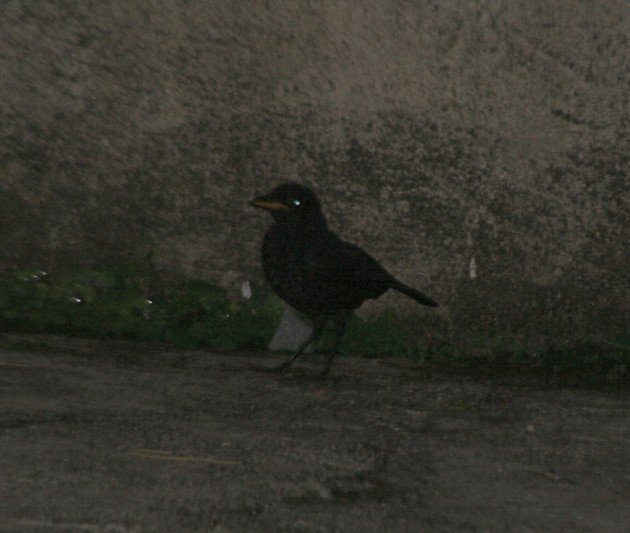
I would never have seen this rare, skulking and almost nocturnal Malaysian Whistling Thrush without some research, nor would I have been able to take a terrible photo of it,
The time spent researching can certainly help you when you finally get there, but you shouldn’t look at it purely as an investment. Winter has well and truly hit here, but I’m sailing on through because I know that six months from now I’ll be failing miserably to tell shorebirds apart on some tropical beach, and that is making me happy right now. Which is pretty good value for a trip that is ages away. 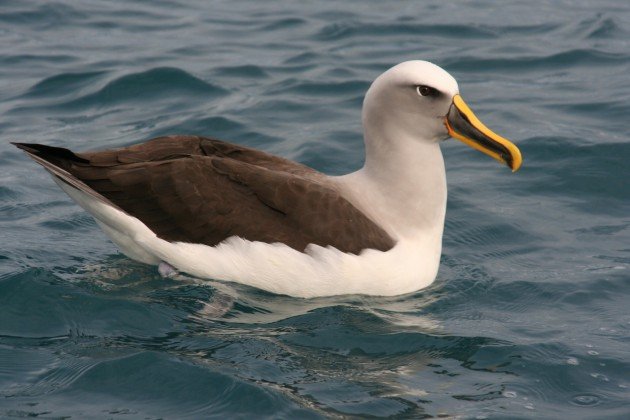
Corey has not yet seen this Buller’s Albatross, but he will one day, and he should enjoy the anticipation.






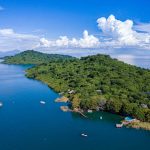

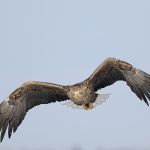
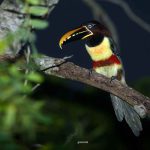
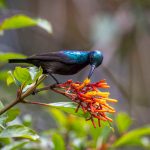
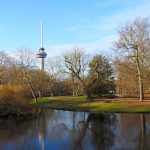

Agree completely. I love the planning/researching parts of a hobby or preparing for a trip. I mean sure, I like just getting up and heading out to a local pond just because I felt like it that morning, but it is the things I plan for that I get really excited about.
Currently researching and dreaming about a couple of birdy trips to reward myself with after graduation next year and I must say, that is certainly motivating me to get on with my dissertation (even though I go out and look at birds as part of said dissertation)
The only down-side of anticipation is that it is short-lived. Ten years after the trip, the joy of anticipation will not be part of your memory, but the trip will be.
I am sooo anticipating someday seeing an albatross. Any albatross.
6 months from now….topping up the 2013 or starting the 2014 year list?! Sounds like you will have a good time! Meanwhile…keep warm. 🙂
When I first moved to Vancouver, a gull landed outside my window, and it was SO much larger than any gull I’d seen before, I mistook it for an albatross. (Then, it came back, and I put my specs on, and saw that it was just a very large gull.)
Sorry; albatrosses came up, so I thought I’d mention that.
I spend a lot of time thinking about birding trips I’ll never be able to take. I think I’d probably be happier if I could really go on one, at least once. Anticipation is nice, but I think I may be missing out on that, too, as I know the trips I’m researching will all be taken by other people, instead of me.
I’ve even considered buying a remote-control plane with a camera on it, so I can bird birds that are slightly outside my patch. Can one tick off a bird one has spotted with a remote-control device, or does one have to spot it with the naked eye?
Oh, dear; I am on a bird blog, talking about which birds I can and can’t add to my list. I’m the same as everyone else, after all. >:-(
Socar, well, yes, ultimately anticipation isn’t going to do much if you never take any trips. As for what birds count, to my mind if you have to ask the question then they count.
Clare- a bit of both! Going to be the for ten days either side of the new year, but the best birding will be this year I think since I’ll be diving for a few days.